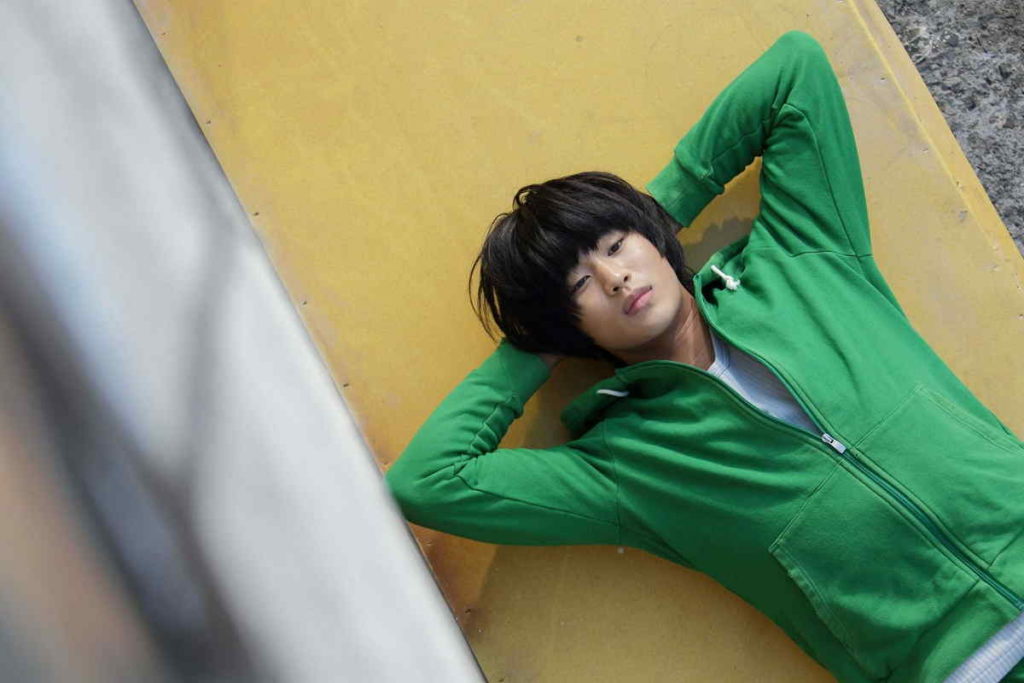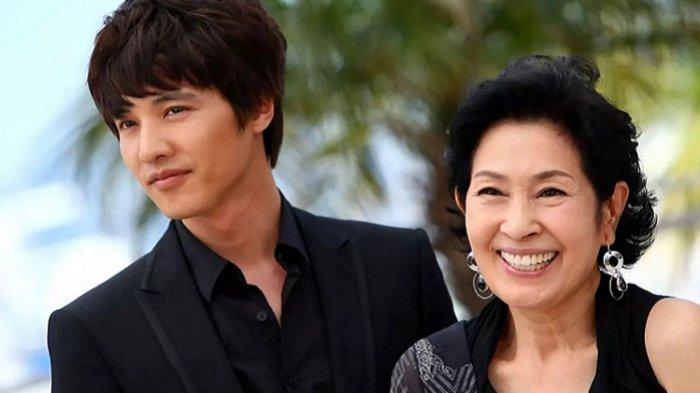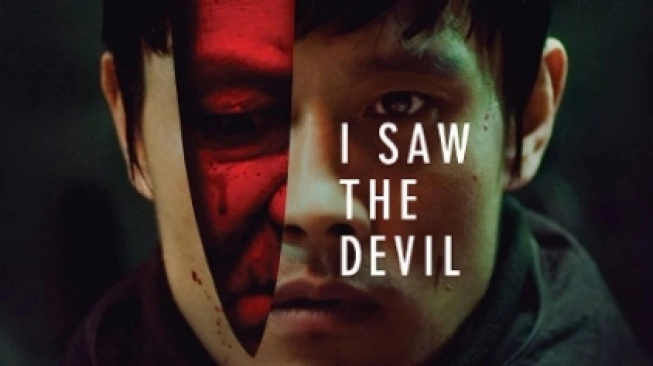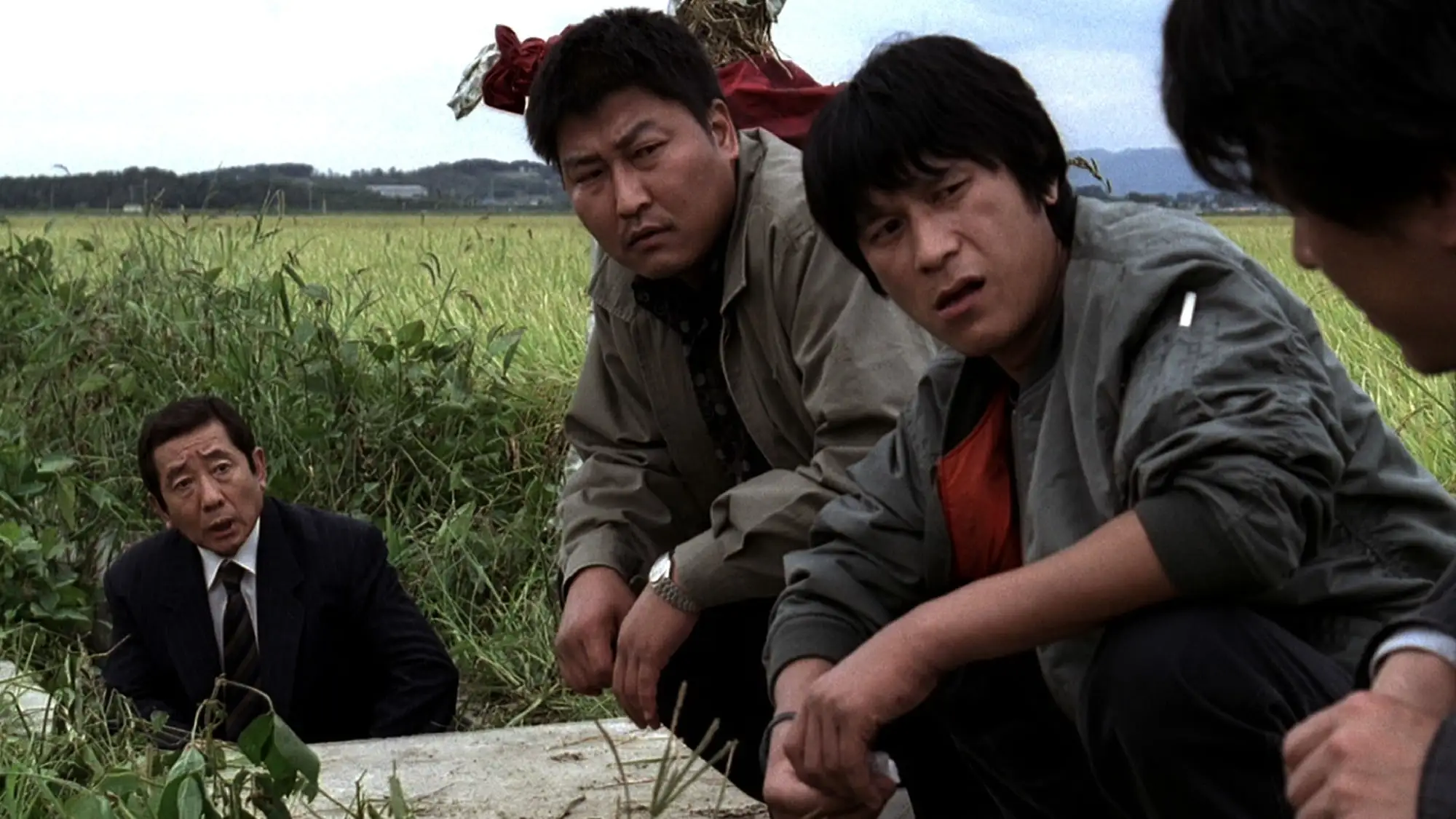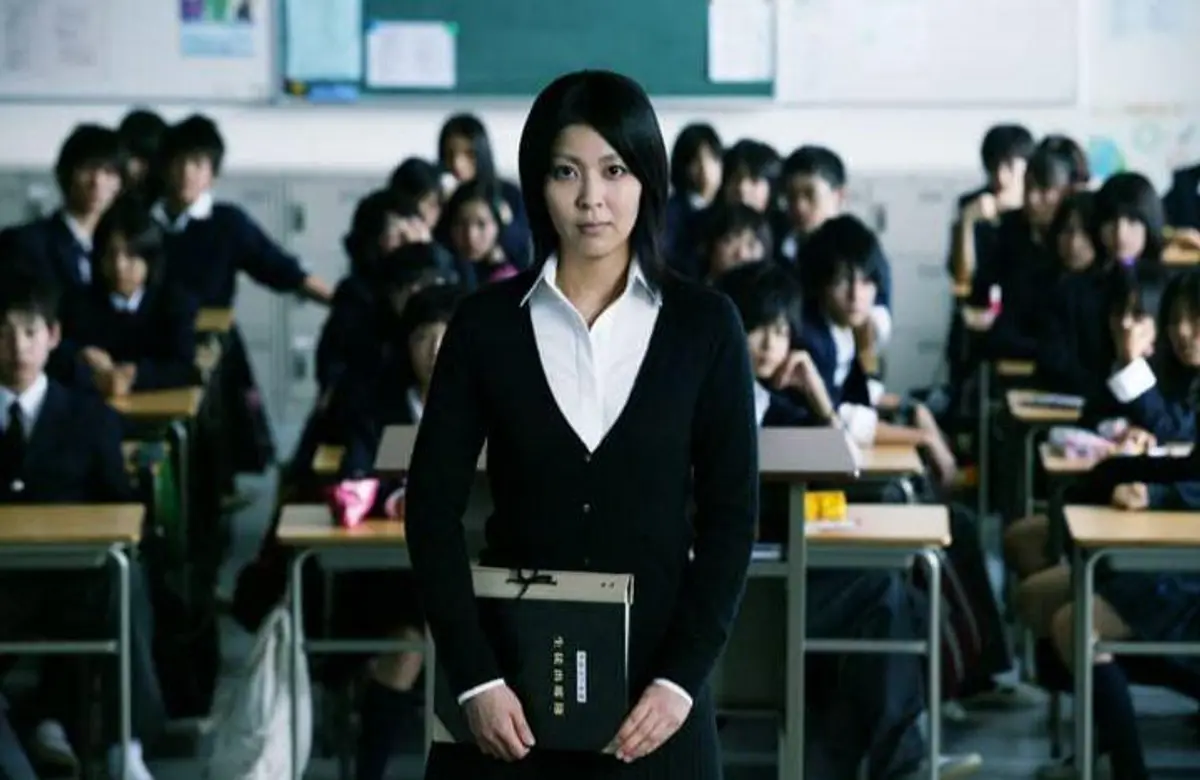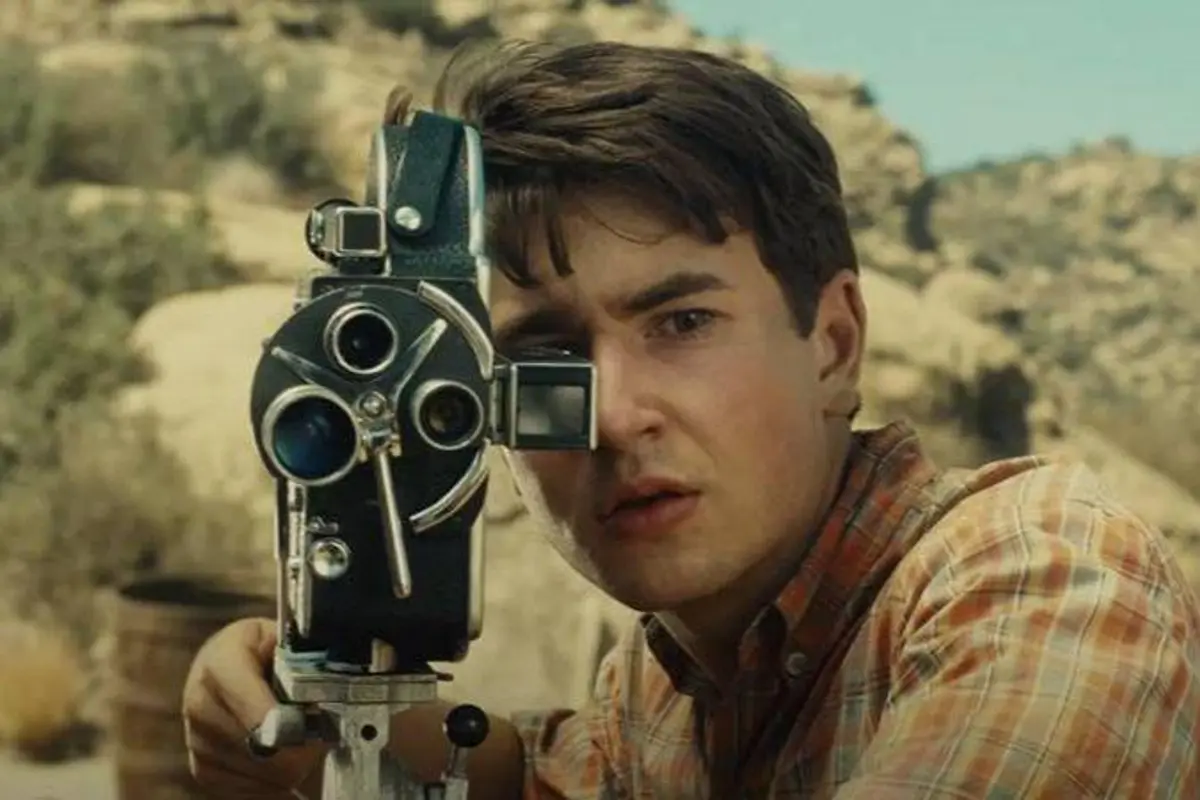
The Fabelmans movie has captured the attention of audiences and critics alike, offering a deeply personal and cinematic journey. Directed by Steven Spielberg, this film is widely regarded as one of his most intimate works, drawing inspiration from his own life and experiences. With its compelling storytelling, rich characters, and nostalgic yet fresh aesthetic, The Fabelmans movie stands as a remarkable addition to contemporary cinema.
The Genesis of The Fabelmans Movie
The story behind The Fabelmans movie stems from Spielberg’s personal reflections on family, creativity, and the power of filmmaking. Unlike many blockbuster productions associated with Spielberg, this film is introspective, focusing on a young filmmaker’s journey of self-discovery and the complexities of family dynamics.
Spielberg collaborated with Tony Kushner to craft a screenplay that balances humor, drama, and the emotional resonance that has become a hallmark of his storytelling. The Fabelmans movie is not only an autobiographical lens into Spielberg’s youth but also a universal tale about growing up and finding one’s voice.
Read More: Exploring the Impact of Promising Young Woman movie
Plot Overview
The Fabelmans movie follows the story of a young protagonist discovering his passion for filmmaking. Set against the backdrop of mid-20th century America, the narrative explores familial relationships, adolescent challenges, and the transformative power of storytelling.
The film delicately portrays the tensions between ambition and familial expectation. Characters grapple with personal aspirations, societal norms, and the evolving dynamics within a family. This narrative depth allows viewers to connect on multiple levels, whether reflecting on their own family experiences or appreciating the journey of self-discovery.
Read More: Exploring the Charm of Little Women Movie
Characters That Drive the Story
The Young Filmmaker
At the center of The Fabelmans movie is the young filmmaker, whose curiosity, creativity, and determination shape the story. Through his lens, audiences experience a world of imagination, discovery, and emotional complexity. His journey reflects Spielberg’s own early fascination with cinema, highlighting the formative role of storytelling in personal development.
The Family
Family plays a central role in The Fabelmans movie, with each member contributing to the narrative’s emotional depth. The portrayal of parental influence, sibling relationships, and the nuances of everyday interactions creates a relatable and compelling dynamic. These characters enrich the story, illustrating the delicate balance between support and conflict that defines familial bonds.
Supporting Characters
Supporting characters in The Fabelmans movie provide both comic relief and dramatic tension. Friends, mentors, and community members enhance the protagonist’s journey, highlighting the broader societal and cultural context of his upbringing. These interactions reveal the diverse influences that shape the young filmmaker’s perspective and creative growth.
Read More: Introduction to Jojo Rabbit movie
Cinematic Style and Visuals
Spielberg’s directorial style in The Fabelmans movie combines realism with cinematic artistry. The film’s visual language is both intimate and expansive, capturing the textures of family life while celebrating the magic of cinema. Carefully composed shots, naturalistic lighting, and dynamic camera movement create an immersive experience.
Nostalgia and Period Design
The Fabelmans movie carefully reconstructs mid-20th century America, from suburban homes to local theaters. This period design not only situates the story in a specific historical context but also evokes a sense of nostalgia. Costumes, set design, and props are meticulously curated to immerse audiences in the era and enhance the authenticity of the narrative.
Cinematography
Cinematography in The Fabelmans movie plays a crucial role in conveying emotion and storytelling. Spielberg employs both wide shots to capture family interactions and close-ups to emphasize personal introspection. This balance allows viewers to experience the world through the protagonist’s eyes, reinforcing the themes of creativity, curiosity, and emotional discovery.
Read More: Discovering the Charm of The Grand Budapest Hotel Movie
Music and Sound Design
Music is integral to the emotional impact of The Fabelmans movie. The score complements the narrative, underscoring moments of joy, tension, and reflection. Spielberg’s collaboration with skilled composers ensures that music enhances storytelling without overpowering it, creating a harmonious cinematic experience.
Sound design in the film also contributes to immersion. Everyday sounds, dialogue nuances, and environmental audio cues bring the world to life, supporting both realism and the protagonist’s imaginative perspective. This attention to audio detail enriches the narrative and deepens viewer engagement.
Themes in The Fabelmans Movie
Creativity and Self-Discovery
At its core, The Fabelmans movie explores the journey of creativity. The young protagonist’s fascination with filmmaking represents the universal pursuit of self-expression and artistic identity. The film highlights the challenges and triumphs of discovering one’s passion, making it a resonant story for audiences of all ages.
Family and Relationships
Family dynamics are central to the emotional impact of The Fabelmans movie. The film examines parental influence, sibling relationships, and the intricacies of love, support, and misunderstanding. These themes are depicted with sensitivity and nuance, allowing viewers to relate to the characters’ experiences on a personal level.
Growth and Resilience
The Fabelmans movie also emphasizes resilience in the face of challenges. The protagonist’s journey illustrates the importance of perseverance, adaptability, and learning from experiences. This theme of personal growth resonates universally, providing both inspiration and relatability.
Reception and Critical Acclaim
Critics have praised The Fabelmans movie for its heartfelt storytelling, emotional depth, and superb performances. The film has been lauded for balancing humor and drama, creating a narrative that feels both personal and universally accessible.
Audiences have responded positively to the authenticity of the characters and the relatability of the story. Many viewers appreciate the film’s introspective focus, which contrasts with more conventional blockbuster narratives. The Fabelmans movie demonstrates Spielberg’s versatility as a director and his ability to convey profound human experiences through cinema.
The Impact of Spielberg’s Direction
Steven Spielberg’s direction is a defining feature of The Fabelmans movie. His mastery of pacing, character development, and visual storytelling elevates the narrative. Spielberg’s experience in both large-scale and intimate films allows him to navigate the personal story with subtlety while maintaining cinematic grandeur.
His use of visual motifs, symbolic imagery, and layered storytelling reinforces the film’s themes of creativity, memory, and personal growth. In The Fabelmans movie, Spielberg’s signature touch is evident, blending technical brilliance with emotional resonance.
Cultural Significance
The Fabelmans movie contributes to the ongoing conversation about family, creativity, and the role of cinema in society. By drawing from personal experiences, Spielberg provides a narrative that is both authentic and relatable, encouraging reflection on individual and familial identity.
The film also highlights the importance of storytelling as a cultural and personal tool. Through the protagonist’s journey, viewers are reminded of the power of imagination and the ways in which stories shape understanding, empathy, and connection.
Awards and Nominations
The Fabelmans movie has been recognized in various award circuits for its direction, screenplay, and performances. Its critical acclaim reflects the film’s success in combining artistry, emotional depth, and narrative sophistication. Awards recognition underscores the film’s cultural impact and affirms its place in contemporary cinema.
Why The Fabelmans Movie Resonates
The Fabelmans movie resonates because it tells a deeply personal story with universal themes. Its exploration of family, creativity, and growth strikes a chord with audiences of diverse backgrounds. The combination of compelling characters, immersive visuals, and thoughtful direction ensures that viewers remain engaged from start to finish.
The film’s success lies in its ability to be both intimate and expansive. It invites audiences into a specific personal narrative while offering reflections on broader human experiences, making it a memorable cinematic work.
Conclusion
The Fabelmans movie stands as a testament to the enduring power of storytelling. By weaving together personal history, family dynamics, and the magic of cinema, Spielberg has created a film that is both emotionally resonant and artistically accomplished. From its captivating performances to its meticulous period detail, The Fabelmans movie offers an unforgettable cinematic experience for both longtime fans of Spielberg and new audiences discovering his work for the first time

